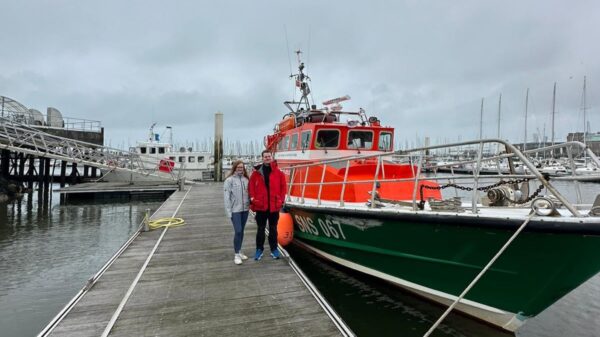How do the blind learn to see, the deaf learn to hear? – Plasticity is the word everyone is talking about.
The mind is the most complex thing in the universe. It can deal with intricate processes, overcome the hardest of challenges and all the while keep constant those unconscious properties we need for life. But what happens when aspects of our brain falter, making the easiest actions horrendously difficult?
In early brain studies, neuroscientists often thought that certain sense regions of the brain were fixed. Plasticity – the ability for the brain to adapt and change – was considered fiction. In the 20th century, researchers like Paul Bach-y-Rita became obsessed with the nature of plasticity, allowing for a more comprehensive understanding of the human mind.
The brain speaks in only one language – electrical signals. There are no smells or noises floating around – instead, we make contact with a stimulus, be it our favourite song, the taste of warm chocolate or seeing our arch-nemesis, via our sensory apparatus which act as receptors to the external environment. This is all conveyed in our brains by electrical signals being passed from neuron to neuron to a specific region.
But what happens when our receptors are damaged? Bach-y-Rita showed that when a blind person touched something, an electrical signal went to the touch centre as well as the sight centre. Plasticity, a word that was often frowned upon, was starting to raise eyebrows and it wasn’t long until further contributions were made.
Thanks to the knowledge we have gained from plasticity, things like the electronic ‘feeling’ glove were made for astronauts. It worked by having electrical sensors on the surface, which made performing delicate tasks in space a lot easier compared to using the thick gloves used previously. The glove was then adapted for leprosy sufferers who had lost all sensation in their hands. It sent electrical signals to a healthier part of the arm and was able to ‘trick’ the brain into thinking these were hand sensations. One of the most interesting inventions was a condom designed for spinal cord injury victims who had lost all feeling in their penises. As carnal satisfaction is just another brain sensation, the condom was able to pick up movement and relay an electrical impulse back to the region of the brain that processes sexual excitement and orgasms.
It was our generation that really put plasticity to the test. We learned that it was easier for the brain to adapt at a young age, which is why children are encouraged to learn foreign languages and wear glasses earlier in order to correct their eyesight.
When it comes to understanding the functions of the brain, plasticity is only the beginning. It is funny that we ever turned our noses up at the idea of plasticity, as it has helped neuroscientists gain a much better understanding of the human mind.


















